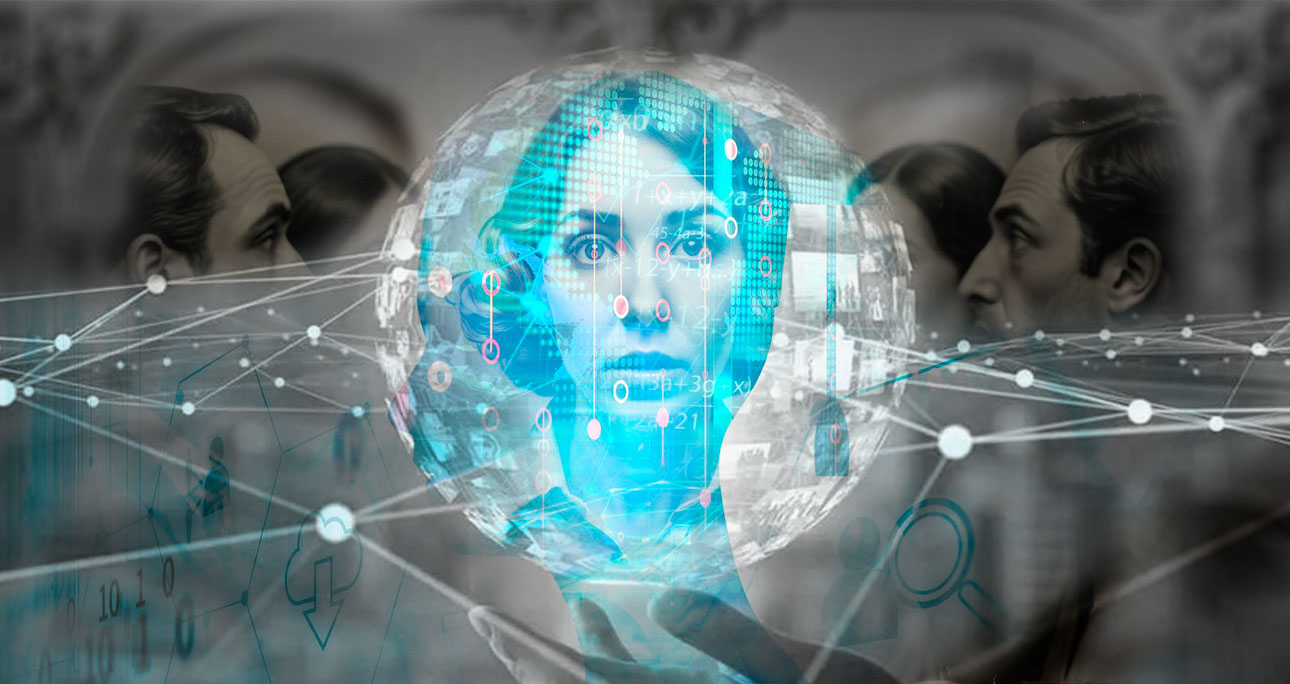A critical perspective on the digitalisation of society and the consequences of technological innovation is increasingly prevalent today. Many authors analyse how apps like Grindr, Zoom and other digital platforms have led to the instrumentalisation and marginalisation of interpersonal relationships. They explore phenomena such as the “sharing economy,” video conferencing, and the virtualisation of social life, arguing that these trends contribute to dehumanisation, alienation, and superficial communication.
My favourite critic, Éric Sadin, emphasises the negative aspects of the new digital ethics: people have become objects subject to constant evaluation, and traditional forms of personal contact and mutual aid have been replaced by transactional mercantilism. He highlights increasing tendencies towards isolation and depersonalisation, exacerbated by the rise of virtual identities and avatars facilitated by modern technologies.
As an innovative entrepreneur, I find this critique valuable in warning against unreflective enthusiasm for technology without considering its consequences. At the same time, it is important to emphasise that technologies themselves are neutral; their impact depends on ethical use and the social responsibility of developers and entrepreneurs.
Critics often fail to fully address the positive potential of digital technologies. Examples such as strengthened and deepened human connections—online education, telemedicine, and global business collaboration—frequently fall outside the critical narrative.
Entrepreneurial Reflections
1. Instrumentalisation of Relationships (Grindr and Tinder):
Indeed, simplifying choice and interaction via swiping increases the risk of shallow relationships. Yet it also allows individuals to find suitable partners more quickly and use their time efficiently. Entrepreneurs must focus on creating apps that facilitate deep engagement.
2. The Sharing Economy:
Services like Airbnb and BlaBlaCar demonstrate successful models of mutual support and resource monetisation. However, the risk of eroding traditional forms of solidarity remains real. Balancing profit with social responsibility is crucial for entrepreneurs in this sector.

3. Telesociality and Zoom:
Zoom and similar tools have increased productivity and reduced communication costs. Nevertheless, the “Zoom effect” — distance and alienation — necessitates new solutions, such as hybrid work formats and virtual reality technologies designed to enhance presence.
4. Virtual Identity and Avatars
The proliferation of avatars and virtual personas unlocks boundless potential for creativity, but risks eroding authenticity and transparency. Responsible entrepreneurs must develop systems for digital identity and transparency in virtual environments. AI provenance labelling is inevitable.
5. Algorithmic Necromancy and Artificial Intelligence
Chatbots and generative AI (e.g. ChatGPT, Midjourney) significantly ease tasks and increase efficiency. However, ethical boundaries must be maintained to prevent manipulative or immoral uses of technology (such as “dead” bots).
6. Social Commerce
Social commerce holds considerable promise, evidenced by platforms such as Douyin and Pinduoduo in China. Yet attempts to replicate this model in the West and Russia have yet to bear fruit due to cultural differences, user inertia, and strict regulation. In Russia, elements are emerging on VK, Wildberries, and Telegram—which, thanks to its flexibility, could evolve into a hybrid platform combining social engagement and commerce. The future of social commerce in Russia likely lies in gradual integration within existing platforms rather than the development of a standalone service.
Conclusion
Critical engagement with innovation and AI-driven digitalisation is essential. It serves as a reminder to entrepreneurs that tech ventures must consider social and ethical consequences, not just profit. Entrepreneurs must strive to balance technological innovation with ethical principles, creating technologies that promote genuine, meaningful human connection.
Tags: #BLOG #notes #critique #digitalisation #AI




